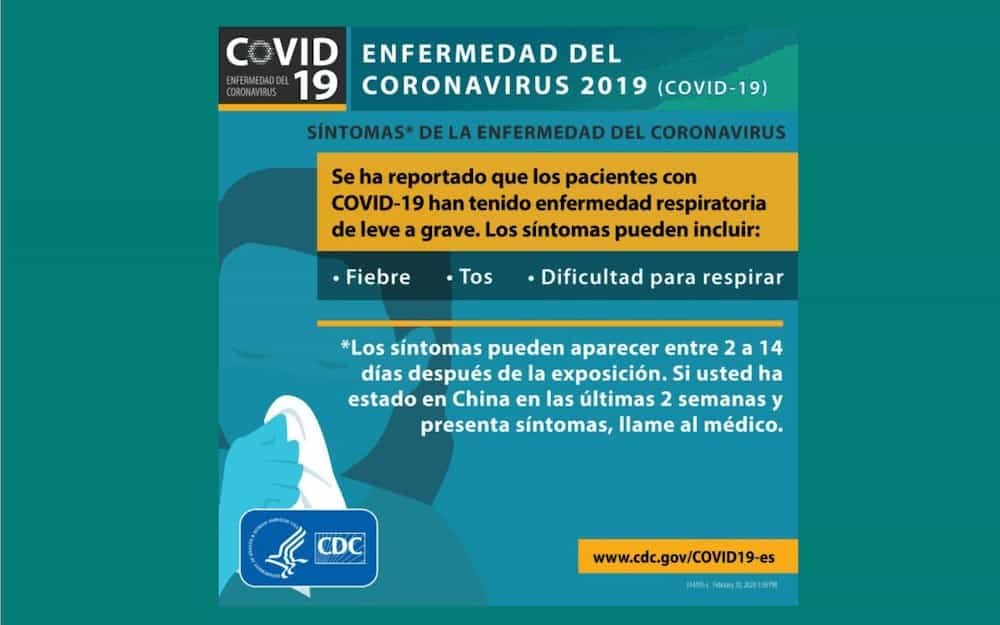In my Consulta Migratoria® column this week, I answer a question from a reader who is considering not seeking medical help for fear of being considered a public charge.
Each case is different and the answers vary depending on each person's immigration history.
Here I provide general answers to your questions. Please consult with an immigration attorney to receive personalized legal advice before starting any procedure.
I am Mexican and have lived illegally in California since the age of 8. My husband and three children are U.S. citizens. One of my children has several medical problems and needs surgery. We all have Medical and I am afraid to continue using medical benefits for my son, or for me, if I get sick with the coronavirus. My husband is going to petition me in the future and I want to know, will using Medical affect my immigration paperwork? -Yanira J.
Yanira, do not stop using your son's health insurance for him, because he is a U.S. citizen. Any public benefits used exclusively for him should not affect your future immigration proceedings.
Everyone should seek medical help if they need it, especially if they feel symptoms of coronavirus disease 2019 (COVID-19).
U.S. Citizenship and Immigration Services (USCIS) announced on March 13, 2010 that any medical treatment or preventive services necessary to combat COVID-19 will not be taken into account in determining whether or not an alien is a public charge to the United States.
The recent Final rule of Inadmissibility on Public Charge Grounds (Inadmissibility on Public Charge Grounds) does not restrict access to testing, screening or treatment for communicable diseases, including COVID-19. Nor does it restrict access to vaccines for children or adults to prevent vaccine-preventable diseases.
Because there is a possibility that some COVID-19 affected aliens may be hesitant to seek necessary medical treatment or preventive services, USCIS states that it will not consider COVID-19-related testing, treatment, or preventive care (including vaccinations, when available) as part of a public charge inadmissibility determination.
USCIS will also not consider it as a public benefit condition applicable to certain nonimmigrants seeking an extension of stay or change of status, even if the treatment for COVID-19 is paid for by one or more public benefits as defined in the rule (e.g., with federal Medicaid or Medi-Cal funds).
For purposes of a public charge inadmissibility determination, USCIS considers the receipt of public benefits as a single consideration among a number of factors in the totality of the alien's circumstances over a period of time. A single factor does not determine an inadmissibility finding.
Yanira, please consult with an immigration attorney before starting any immigration proceedings, obtaining or canceling a public benefit for fear of being considered a public charge.
For more information and immigration tips, visit my website at Immigration Today.
Send your questions to preguntas@consultamigratoria.com. Include detailed information about your situation to better answer your questions.
Nelson A. Castillo, Esq. is an immigration attorney and author of La Tarjeta Verde: Cómo Obtener la Residencia Permanente en los Estados Unidos (Green Card: How to Obtain Permanent Residence in the United States). He is a former President of the Hispanic National Bar Association and the Westlake South Los Angeles Neighborhood Council. For information on how to consult with Dr. Castillo, click here. click here.
The purpose of this column is to provide general information. There can be no guarantee or prediction as to what will be the outcome of the information presented by Dr. Nelson A. Castillo. The information should not be taken as legal advice for any individual, case or situation. This column may be considered an advertisement under the Rules of Professional Conduct for attorneys in several states, including California and New York. Consult with an immigration attorney for personalized legal advice before beginning any immigration proceedings.

